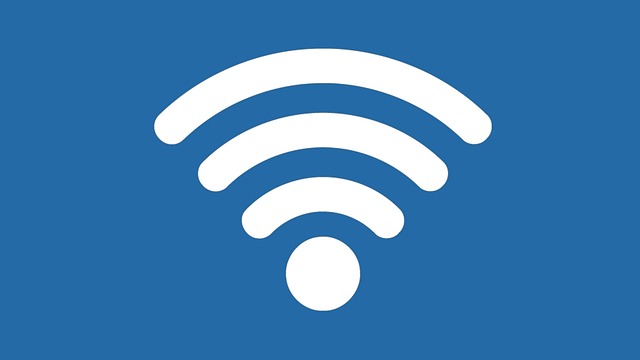How to Tell if Your WiFi Network is Hacked
Your home WiFi network is supposed to be your safe haven, a secure connection that keeps your personal information and online activities safe from prying eyes.
But what happens when that connection is compromised?
What are the signs that your WiFi network has been hacked?
In this article, we’ll cover everything you need to know to keep your home WiFi network secure, and how to tell if it’s been hacked.
Signs of a Hacked WiFi Network
The first and most obvious sign that your WiFi network has been hacked is a sudden decrease in the speed of your internet connection.
This could be the result of someone else using your bandwidth to download large files, stream videos, or engage in other data-intensive activities.
If you notice that your internet connection is running slower than usual, it’s time to take action.
Another sign that your WiFi network has been hacked is unusual activity on your devices.
For example, if your computer or mobile device is sending and receiving data even when you’re not using it, this could be a sign that someone else has taken control of your device.
Additionally, if you notice that your device’s battery is draining faster than usual, this could be an indication that someone is using your device for malicious purposes.
A third sign that your WiFi network has been hacked is the appearance of pop-ups and other unwanted ads on your devices.
If you’re seeing a lot of unwanted ads and pop-ups on your computer, phone, or tablet, this could be a sign that someone has installed adware on your device.
Adware is a type of malicious software that displays ads on your device without your consent, and it can be a sign that someone has hacked into your WiFi network.
Preventing a WiFi Network Hack
The best way to prevent a WiFi network hack is to take steps to secure your network.
This includes using a strong and unique password for your WiFi network, enabling encryption on your router, and keeping your router’s firmware up to date.
A strong and unique password for your WiFi network is one of the most important steps you can take to protect your network.
A strong password should be at least eight characters long and include a mix of letters, numbers, and symbols.
Avoid using common words or phrases that can easily be guessed by hackers.
Encryption is another important step in securing your WiFi network.
Encryption encrypts the data that is transmitted over your network, making it much more difficult for hackers to access.
To enable encryption on your router, you’ll need to access the router’s settings and turn on WPA2 encryption.
This is the strongest form of encryption available and provides the best protection against hackers.
Finally, it’s important to keep your router’s firmware up to date.
Manufacturers periodically release firmware updates that fix security vulnerabilities and improve the performance of your router.
To keep your router’s firmware up to date, check the manufacturer’s website for the latest updates and follow their instructions for updating the firmware.
What to Do If Your WiFi Network is Hacked
If you suspect that your WiFi network has been hacked, there are several steps you can take to protect your network and your personal information.
The first step is to change the password for your WiFi network.
This will prevent the hacker from accessing your network and your personal information.
Be sure to use a strong and unique password that’s different from the one you used before.
The second step is to reset your router to its factory settings.
This will erase all the settings on the router and effectively remove any malware or malicious software that may have been installed by the hacker.
To reset your router, locate the reset button on the router and press it for several seconds until the light on the router begins to flash.
Third, it’s important to update the firmware on your router.
As mentioned earlier, this will fix any security vulnerabilities and improve the performance of your router.
Finally, it’s important to keep your devices updated with the latest security patches and software updates.
This will help protect your devices from future hacks and ensure that they are as secure as possible.
Conclusion
Your home WiFi network is supposed to be your secure connection to the internet, but if it’s been hacked, it can put your personal information and online activities at risk.
By paying attention to the signs of a hacked network and taking steps to secure your network and devices, you can help keep your information safe and enjoy a fast, secure, and reliable internet connection.
